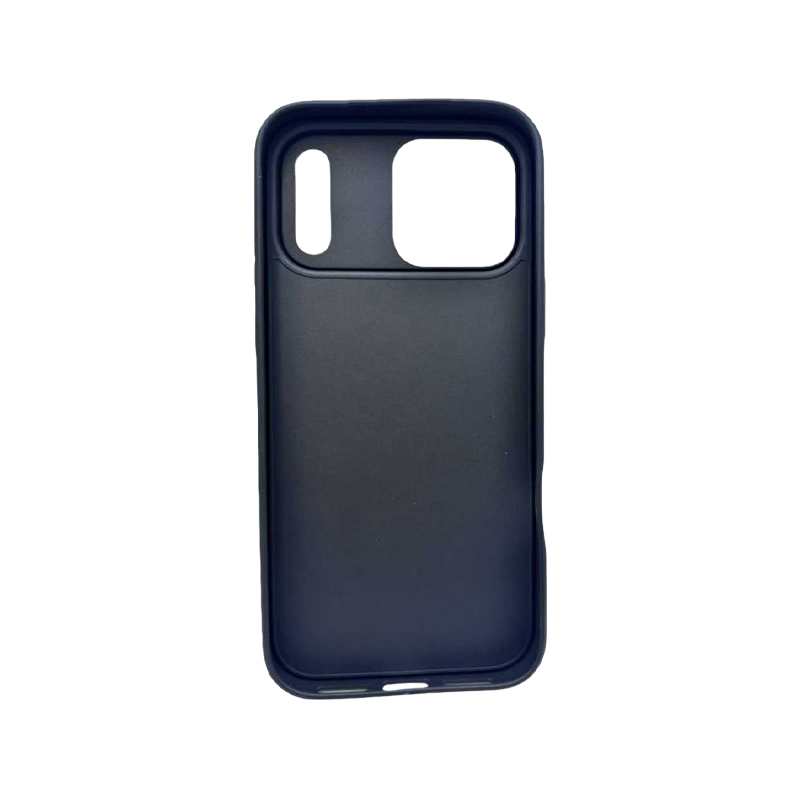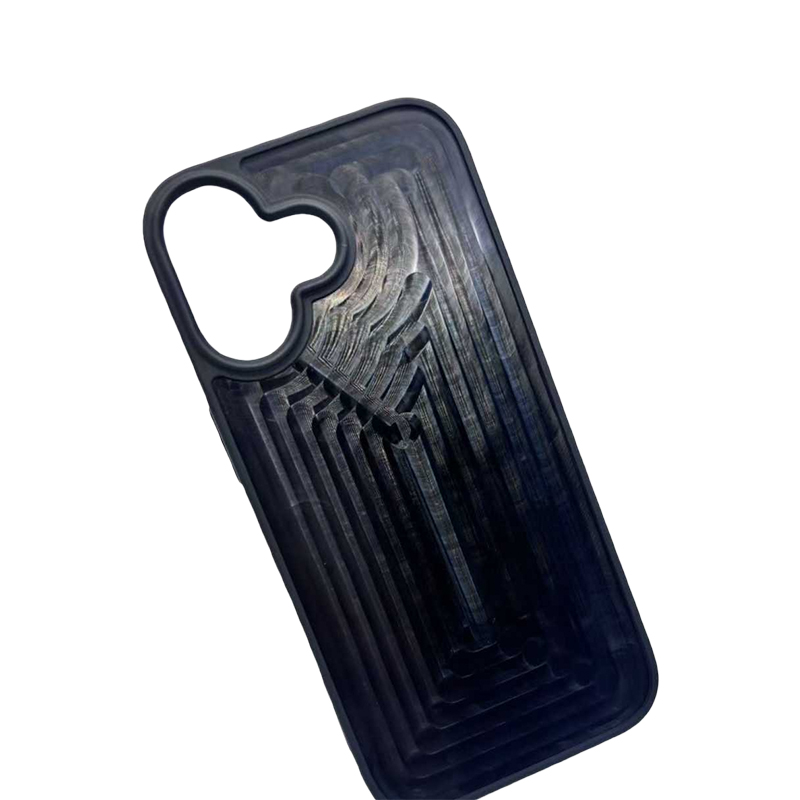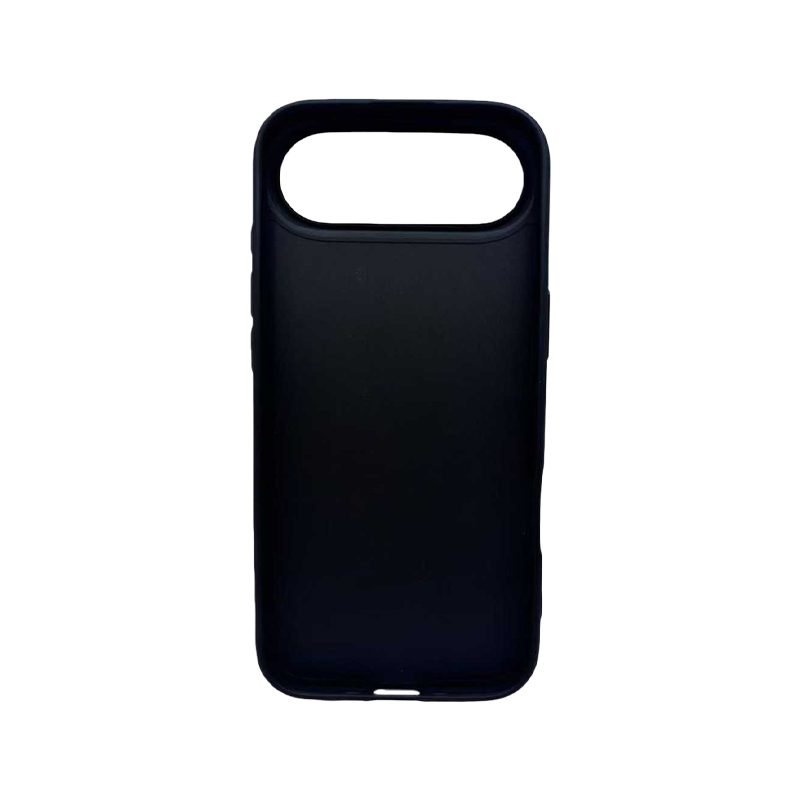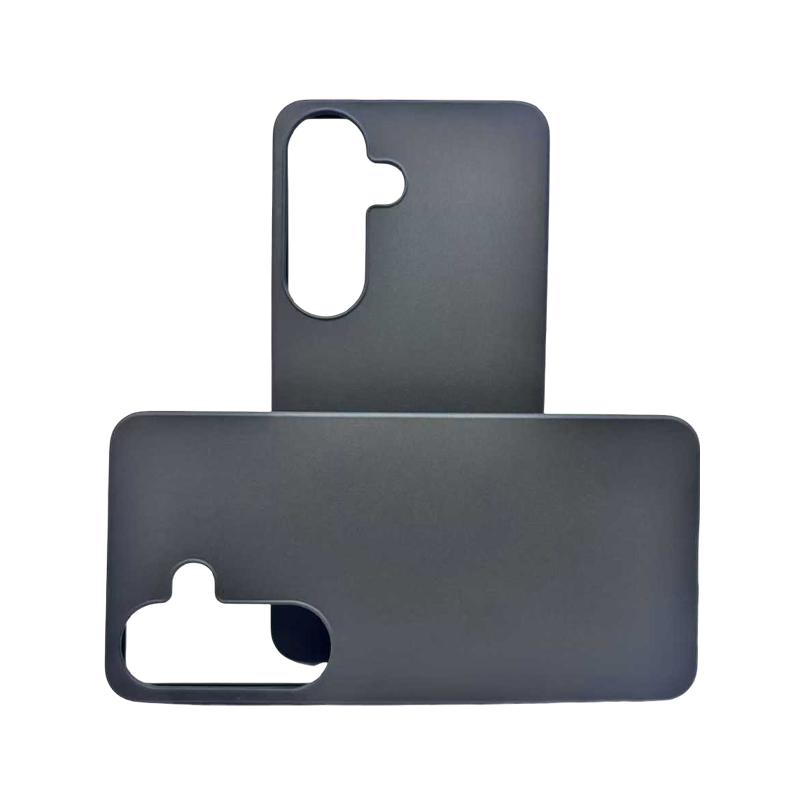How have phone cases become a popular "emotional wardrobe" for young people?
Release Time : 2025-10-21
In the daily lives of today's young people, mobile phones have long transcended their simple role as communication tools, becoming "digital organs" that integrate social interaction, entertainment, work, and record-keeping. Among the accessories spawned around this portable device, phone cases are no longer simply protective covers for drop and scratch protection; they are quietly evolving into a new form of self-expression—a personal, high-frequency, and visible "emotional wardrobe." Changing phone cases daily is no longer a novelty; it's an expression of emotion, a declaration of attitude, and even a silent social conversation.
1. From "Protective Case" to "Expression": Extending Emotion Beyond Function
In the past, the core value of phone cases was practicality: drop resistance, dustproofing, and shock absorption. However, with advancements in mobile phone manufacturing and maturing user habits, young people's demand for phone cases has expanded beyond basic protection. Consequently, phone cases have evolved from functional accessories to "emotional carriers." Use a cartoon smiley face when happy, switch to soothing illustrations when anxious, opt for minimalist solid colors on weekdays, and switch to a trendy, fluorescent design on weekends...phone cases have become a barometer of mood. Unlike clothes that need changing or makeup that needs reapplying, they are carried around the clock, reflecting one's current state of mind. This low-threshold, high-frequency form of expression perfectly meets the psychological needs of young people who seek immediate, authentic, and fragmented expression.
2. Personalization: Make phone cases "just me"
If mass-produced phone cases are "public language," then customized phone cases are "private secrets." From imprinting pet photos, travel mementos, and handwritten text to embedding personal artwork, astrological totems, and niche band logos, customized phone cases have become a popular way for young people to express their uniqueness. These one-of-a-kind designs often carry special memories or emotional connections: a photo case with a close friend commemorates friendship; a cryptic English phrase serves as a "code" reserved for certain individuals; an obscure anime character symbolizes a certain social status. In social settings, a unique phone case often becomes an icebreaker; a simple question like "Where did you buy that case?" can spark a deep conversation. Phone cases have become a social code for connecting like-minded individuals and identifying "kindred spirits."
3. Style is attitude: Phone cases are an extension of "digital personality."
Young people use phone cases to construct their own "digital personas"—their own personalities presented on social media, in chat interfaces, and in virtual worlds. Minimalist phone cases represent rationality and restraint, retro film cases exude nostalgia, cyberpunk styles showcase a technological cool, and hand-painted graffiti cases unleash rebellion and creativity. They also "wear" different phone cases in different settings. Switch to a low-key business style when meeting clients, a fluorescent laser case for a music festival, and a soft macaron-hued look for a date...phone cases are like accessories, complementing your overall look and completing your personal image. Though small, they can enhance your personal style through subtle details, answering the question, "Who am I?" with every unlock of your phone.
4. Fast Fashion and Emotional Consumption: Paying for "Feelings in the Moment"
The low price, lightness, and ease of replacement of phone cases make them a natural fit for "fast fashion." Young people no longer pursue "one case for a year" but instead frequently upgrade their phone cases, like buying milk tea or changing their profile pictures. E-commerce platforms offer daily updates of new products, with a constant stream of co-branded and limited-edition models, fueling a desire to collect and experiment. This consumer behavior reflects a typical emotional consumption pattern: driven not by necessity but by passion. A quirky case with slogans like "Lie Flat," "Crazy Literature," or "No Anxiety" can provide instant psychological comfort; a cheering case featuring an idol embodies emotional sustenance. People pay for the feeling of being understood, healed, and recognized, and phone cases have become both a placebo and an amplifier of emotions.
Phone cases, these palm-sized objects, are transforming from "tools" to "symbols" at an astonishing pace. They no longer silently encase their phones but instead actively speak out, telling their owners' stories, emotions, and values. In the hands of a young generation with a voracious appetite for expression and diverse identities, phone cases have become both the most intimate and public form of "emotional wear." They remind us that in this digital age, true individuality often lies in the most subtle details. Next time you pull out your phone, take a look at your phone case—it's speaking for you.
1. From "Protective Case" to "Expression": Extending Emotion Beyond Function
In the past, the core value of phone cases was practicality: drop resistance, dustproofing, and shock absorption. However, with advancements in mobile phone manufacturing and maturing user habits, young people's demand for phone cases has expanded beyond basic protection. Consequently, phone cases have evolved from functional accessories to "emotional carriers." Use a cartoon smiley face when happy, switch to soothing illustrations when anxious, opt for minimalist solid colors on weekdays, and switch to a trendy, fluorescent design on weekends...phone cases have become a barometer of mood. Unlike clothes that need changing or makeup that needs reapplying, they are carried around the clock, reflecting one's current state of mind. This low-threshold, high-frequency form of expression perfectly meets the psychological needs of young people who seek immediate, authentic, and fragmented expression.
2. Personalization: Make phone cases "just me"
If mass-produced phone cases are "public language," then customized phone cases are "private secrets." From imprinting pet photos, travel mementos, and handwritten text to embedding personal artwork, astrological totems, and niche band logos, customized phone cases have become a popular way for young people to express their uniqueness. These one-of-a-kind designs often carry special memories or emotional connections: a photo case with a close friend commemorates friendship; a cryptic English phrase serves as a "code" reserved for certain individuals; an obscure anime character symbolizes a certain social status. In social settings, a unique phone case often becomes an icebreaker; a simple question like "Where did you buy that case?" can spark a deep conversation. Phone cases have become a social code for connecting like-minded individuals and identifying "kindred spirits."
3. Style is attitude: Phone cases are an extension of "digital personality."
Young people use phone cases to construct their own "digital personas"—their own personalities presented on social media, in chat interfaces, and in virtual worlds. Minimalist phone cases represent rationality and restraint, retro film cases exude nostalgia, cyberpunk styles showcase a technological cool, and hand-painted graffiti cases unleash rebellion and creativity. They also "wear" different phone cases in different settings. Switch to a low-key business style when meeting clients, a fluorescent laser case for a music festival, and a soft macaron-hued look for a date...phone cases are like accessories, complementing your overall look and completing your personal image. Though small, they can enhance your personal style through subtle details, answering the question, "Who am I?" with every unlock of your phone.
4. Fast Fashion and Emotional Consumption: Paying for "Feelings in the Moment"
The low price, lightness, and ease of replacement of phone cases make them a natural fit for "fast fashion." Young people no longer pursue "one case for a year" but instead frequently upgrade their phone cases, like buying milk tea or changing their profile pictures. E-commerce platforms offer daily updates of new products, with a constant stream of co-branded and limited-edition models, fueling a desire to collect and experiment. This consumer behavior reflects a typical emotional consumption pattern: driven not by necessity but by passion. A quirky case with slogans like "Lie Flat," "Crazy Literature," or "No Anxiety" can provide instant psychological comfort; a cheering case featuring an idol embodies emotional sustenance. People pay for the feeling of being understood, healed, and recognized, and phone cases have become both a placebo and an amplifier of emotions.
Phone cases, these palm-sized objects, are transforming from "tools" to "symbols" at an astonishing pace. They no longer silently encase their phones but instead actively speak out, telling their owners' stories, emotions, and values. In the hands of a young generation with a voracious appetite for expression and diverse identities, phone cases have become both the most intimate and public form of "emotional wear." They remind us that in this digital age, true individuality often lies in the most subtle details. Next time you pull out your phone, take a look at your phone case—it's speaking for you.







